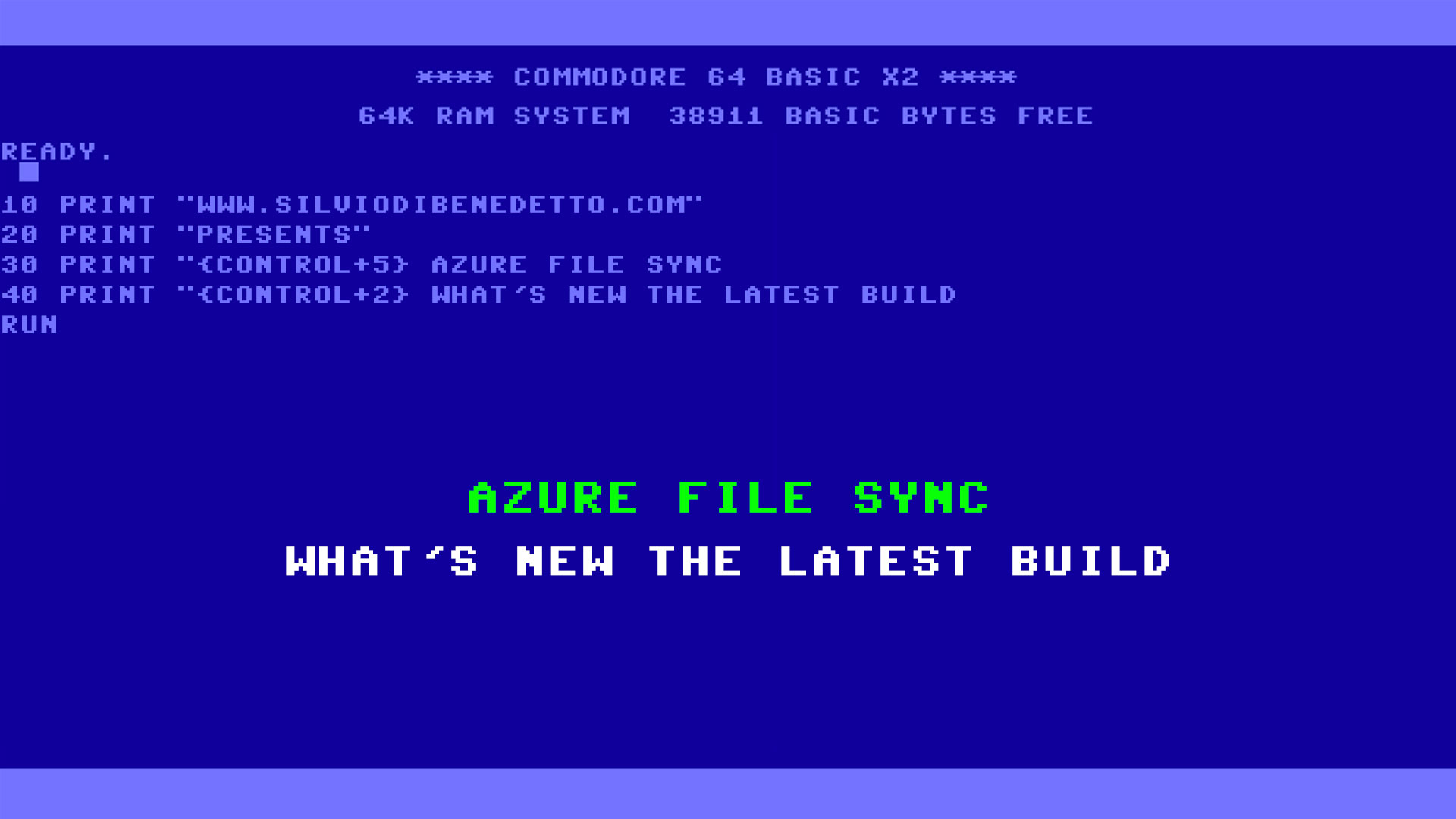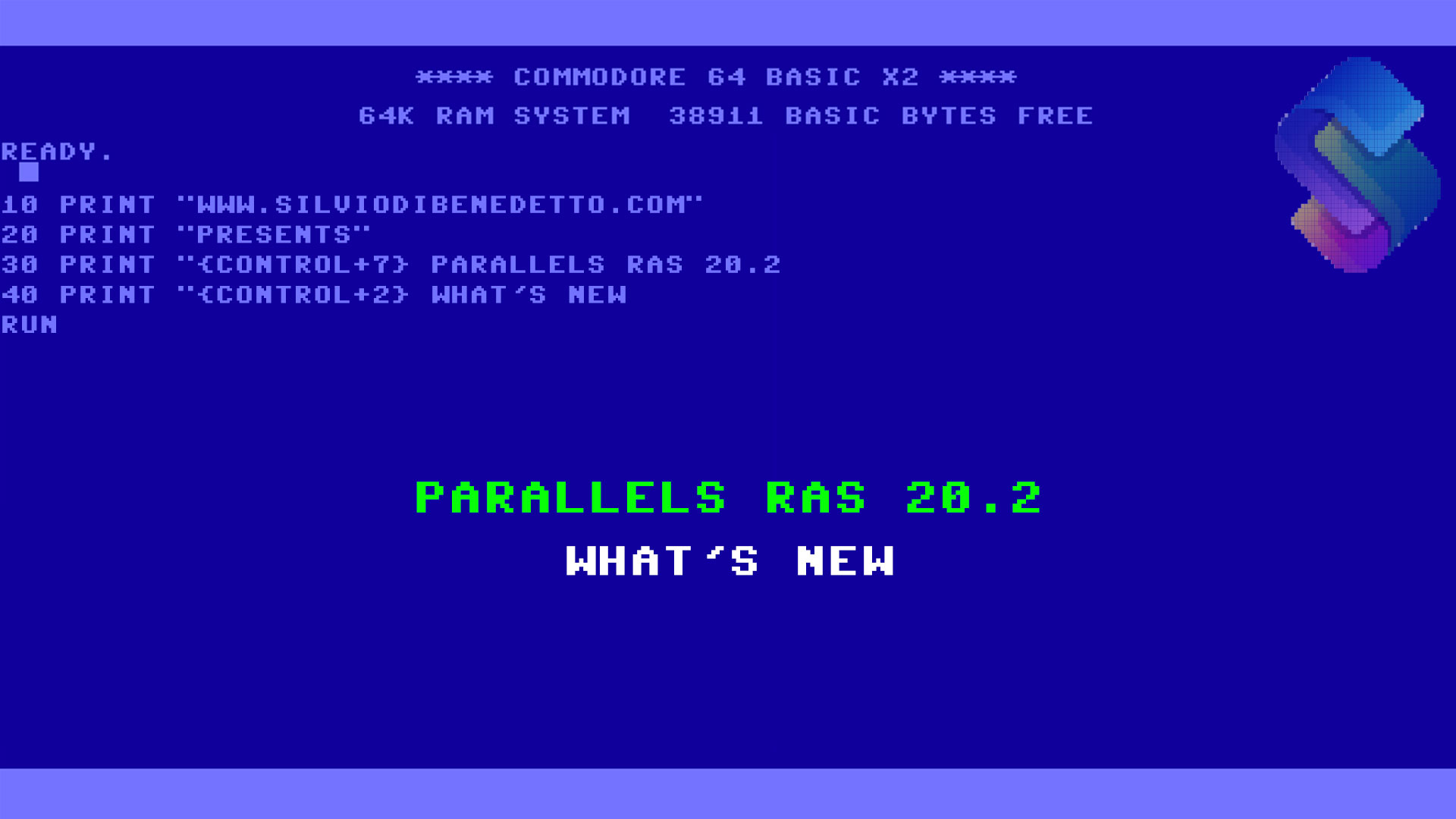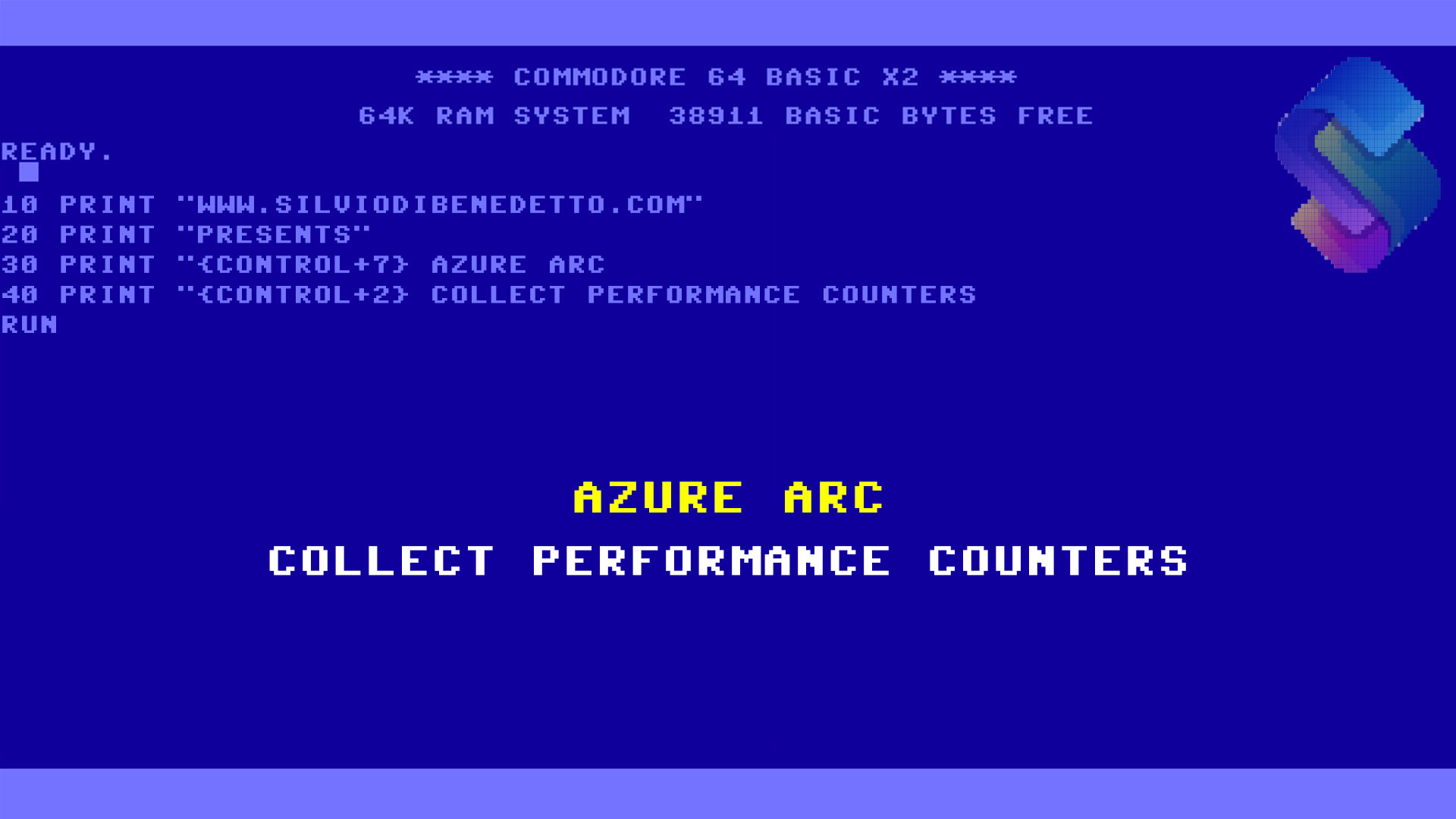The Azure File Sync agent v16, is being flighted to servers which are configured to automatically update and will be available soon via Microsoft Update. These are the improvements:
- Improved Azure File Sync service availability
- Azure File Sync is now a zone-redundant service which means an outage in a zone has limited impact while improving the service resiliency to minimize customer impact. To fully leverage this improvement, configure your storage accounts to use zone-redundant storage (ZRS) or Geo-zone redundant storage (GZRS) replication. To learn more about different redundancy options for your storage accounts, see: Azure Storage redundancy
- Note: Azure File Sync is zone-redundant in all regions that support zones except US Gov Virginia. Azure File Sync will be zone-redundant in these regions in the near future.
- Sync upload performance improvements
- Immediately run server change enumeration to detect files changes that were missed on the server
- Azure File Sync uses the Windows USN journal feature on Windows Server to immediately detect files that were changed and upload them to the Azure file share. If files changed are missed due to journal wrap or other issues, the files will not sync to the Azure file share until the changes are detected. Azure File Sync has a server change enumeration job that runs every 24 hours on the server endpoint path to detect changes that were missed by the USN journal. If you don’t want to wait until the next server change enumeration job runs, you can now use the Invoke-StorageSyncServerChangeDetection PowerShell cmdlet to immediately run server change enumeration on a server endpoint path.
- To immediately run server change enumeration on a server endpoint path, run the following PowerShell commands:
- Import-Module “C:\Program Files\Azure\StorageSyncAgent\StorageSync.Management.ServerCmdlets.dll”
- Invoke-StorageSyncServerChangeDetection -ServerEndpointPath <path>
- Note: By default, the server change enumeration scan will only check the modified timestamp. To perform a deeper check, use the -DeepScan parameter.
- Miscellaneous reliability and telemetry improvements for cloud tiering and sync
Notes
- This release is available for Windows Server 2012 R2, Windows Server 2016, Windows Server 2019 and Windows Server 2022 installations
- The agent version for this release is 16.0.0.0
Get Started
Azure File Sync Agent v16 Release – January 2023 – Microsoft Support
#DBS






